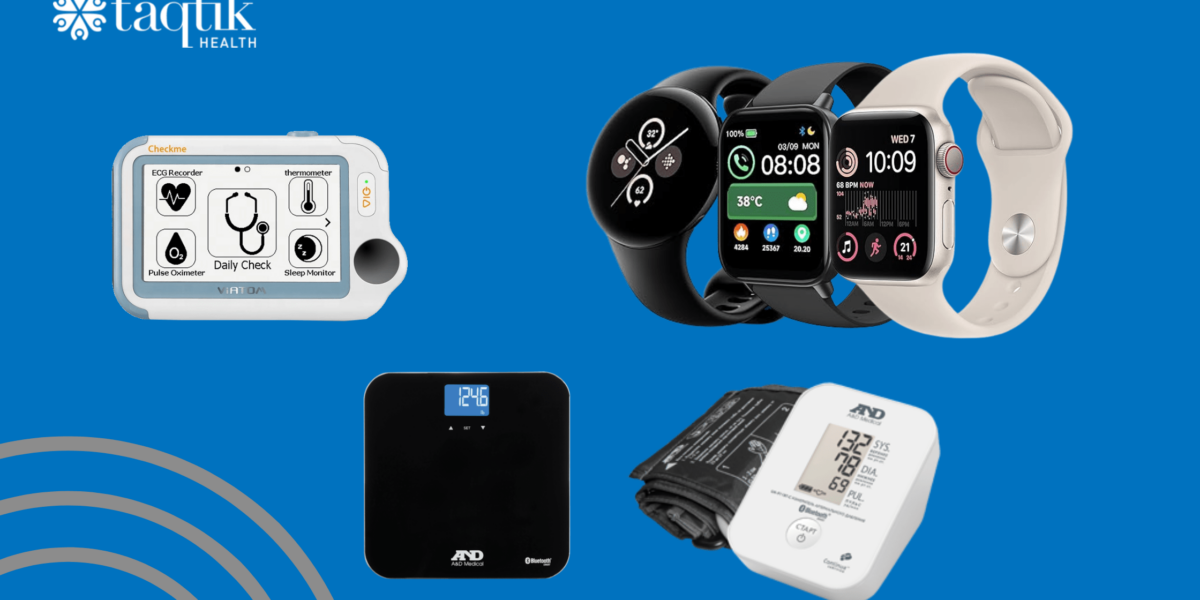In the journey towards weight loss and a healthier life, individuals often contemplate different approaches. Bariatric surgery, Ozempic, and healthy eating are three prominent options. Each has its unique advantages and disadvantages. Let’s explore these options to help you make an informed decision on your path to a healthier you.
Bariatric Surgery:
Bariatric surgery is a surgical procedure that alters the digestive system, promoting weight loss through reduced food intake and nutrient absorption. Here are its advantages and disadvantages:
Advantages:
- Significant Weight Loss: Bariatric surgery often leads to substantial and rapid weight loss, making it a powerful option for those with severe obesity.
- Improves Health Conditions: Many individuals experience improvements in obesity-related health conditions, such as type 2 diabetes and hypertension, after bariatric surgery.
- Long-term Results: It provides lasting results when combined with a healthy lifestyle, as it encourages better eating habits and portion control.
Disadvantages:
- Surgical Risks: All surgeries carry inherent risks, including infection, bleeding, and anesthesia complications. Additionally, bariatric surgery can lead to long-term vitamin and nutrient deficiencies.
- Lifestyle Changes: Post-surgery, patients must adhere to a strict diet and exercise regimen. Failure to do so can lead to weight regain or complications.
Ozempic:
Ozempic is a prescription medication used to treat type 2 diabetes and obesity. It works by regulating blood sugar levels and reducing appetite. Here are its advantages and disadvantages:
Advantages:
- Effective Blood Sugar Control: Ozempic helps control blood sugar levels in individuals with type 2 diabetes, which is often associated with obesity.
- Appetite Suppression: It reduces appetite and promotes feelings of fullness, aiding in weight loss.
- Ease of Use: Ozempic is administered via a once-weekly injection, which can be more convenient than daily medications or surgery.
Disadvantages:
- Prescription Required: Ozempic is not available over the counter and requires a doctor’s prescription.
- Potential Side Effects: Common side effects may include nausea, vomiting, and diarrhea. Some individuals may experience more severe side effects.
Healthy Eating:
Healthy eating involves making nutritious food choices, managing portion sizes, and adopting a balanced diet. Here are its advantages and disadvantages:
Advantages:
- Sustainability: Healthy eating is a lifelong approach to maintaining a healthy weight and overall well-being.
- No Side Effects: Unlike surgery or medications, healthy eating does not come with potential side effects or health risks.
- Positive Lifestyle Changes: It promotes a healthy relationship with food and encourages mindful eating habits.
Disadvantages:
- Requires Discipline: Achieving and maintaining weight loss through healthy eating requires self-discipline and consistency, which can be challenging for some individuals.
- Slower Results: Healthy eating may yield slower weight loss results compared to surgery or medications.
In conclusion, the best approach to weight loss depends on individual circumstances, preferences, and health conditions. Bariatric surgery can offer rapid and significant weight loss but comes with surgical risks. Ozempic can help control blood sugar levels and reduce appetite, but it requires a prescription and may have side effects. Healthy eating, while sustainable and low-risk, requires long-term commitment and discipline.
Ultimately, Taqtik Health recommends consulting with a obesity or bariatric professional to determine the most suitable approach for your weight loss journey. They can provide personalized guidance and help you make an informed decision tailored to your specific needs and goals. Remember that any weight loss journey should be approached with caution and a focus on overall health and well-being.




